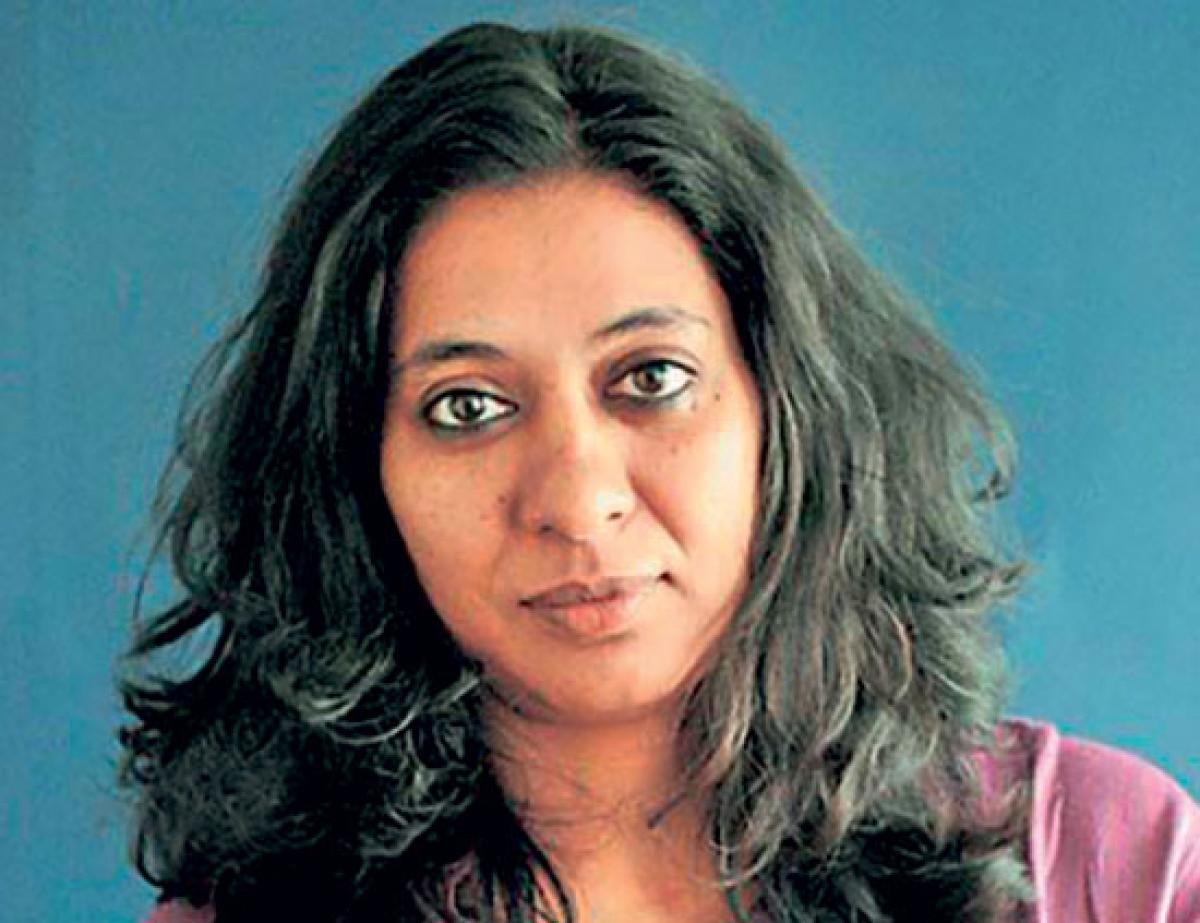In a scathing report published today, Human Rights Watch has highlighted significant concerns about the Sri Lankan government's proposed truth and reconciliation commission. The report underscores that ongoing government abuses are eroding the intended goals of this initiative, which has been met with skepticism and rejection by victims of past violations, their families, and human rights defenders.
Titled "'If We Raise Our Voice They Arrest Us': Sri Lanka’s Proposed Truth and Reconciliation Commission," the 39-page document sheds light on abusive security force surveillance and intimidation tactics employed against activists and campaigners from minority Tamil families who have suffered from enforced disappearances during Sri Lanka's civil war. The government has reportedly utilized stringent counterterrorism laws to stifle dissenting voices, including those advocating for truth, accountability, and justice. Furthermore, state-backed land grabs have targeted Tamil and Muslim communities, including their places of worship.
Meenakshi Ganguly, Deputy Asia Director at Human Rights Watch, emphasized, "Sri Lanka profoundly needs truth and accountability, but a credible process requires the support of victims’ families and an end to government abuses against them and their communities." The report suggests that the government's current initiative appears to be an attempt to deflect international pressure rather than genuinely address the issues of the disappeared or hold those responsible for past atrocities accountable.
Based on over 80 interviews conducted in Sri Lanka in June 2023, the report paints a troubling picture of the government's targeting of activists and campaigners, undermining the credibility of its latest initiative. One interviewee, a Tamil woman whose husband was forcibly disappeared in 2000, lamented, "Since my husband was abducted, I lost my freedom to do routine activities... Even if I go to the market or temple, they [security officers] ask, 'Where are you going?'"
The report highlights that thousands of individuals "disappeared" in state custody during the late 1980s left-wing insurgency and the 26-year civil war that ended in 2009. Both government forces and rebel groups were implicated in widespread atrocities during this period, including attacks on civilians, extrajudicial executions, torture, and the recruitment of child soldiers.
Despite the establishment of several commissions over the years to gather testimony from victims and witnesses, none have led to genuine accountability. Criminal investigations into grave abuses have been impeded, rather than pursued.
Sri Lankan civil society and victims' groups have issued joint statements expressing concerns that the current initiative lacks credibility and could further harm victims and their families. International law mandates governments to prosecute individuals responsible for war crimes and other serious international crimes. The failure to do so perpetuates human rights violations and hinders the prospect of lasting peace.
Human Rights Watch called on the government to engage genuinely with victims and affected communities, utilize the evidence and recommendations from past commissions, support a credible investigation and prosecution of international crimes, end ongoing abuses against victims and activists, and halt "land grabs" targeting minority communities.
Foreign governments, including South Africa, Switzerland, and Japan, were urged not to finance or endorse a truth and reconciliation commission rejected by victims. International partners, such as the European Union, were encouraged to continue pressing the Sri Lankan government to fulfill its commitments to end violations committed under counterterrorism laws.
Ganguly concluded, "Instead of creating yet another commission to give the appearance of progress, the government should take steps to gain credibility for a genuine truth and justice process that Sri Lanka desperately needs."










